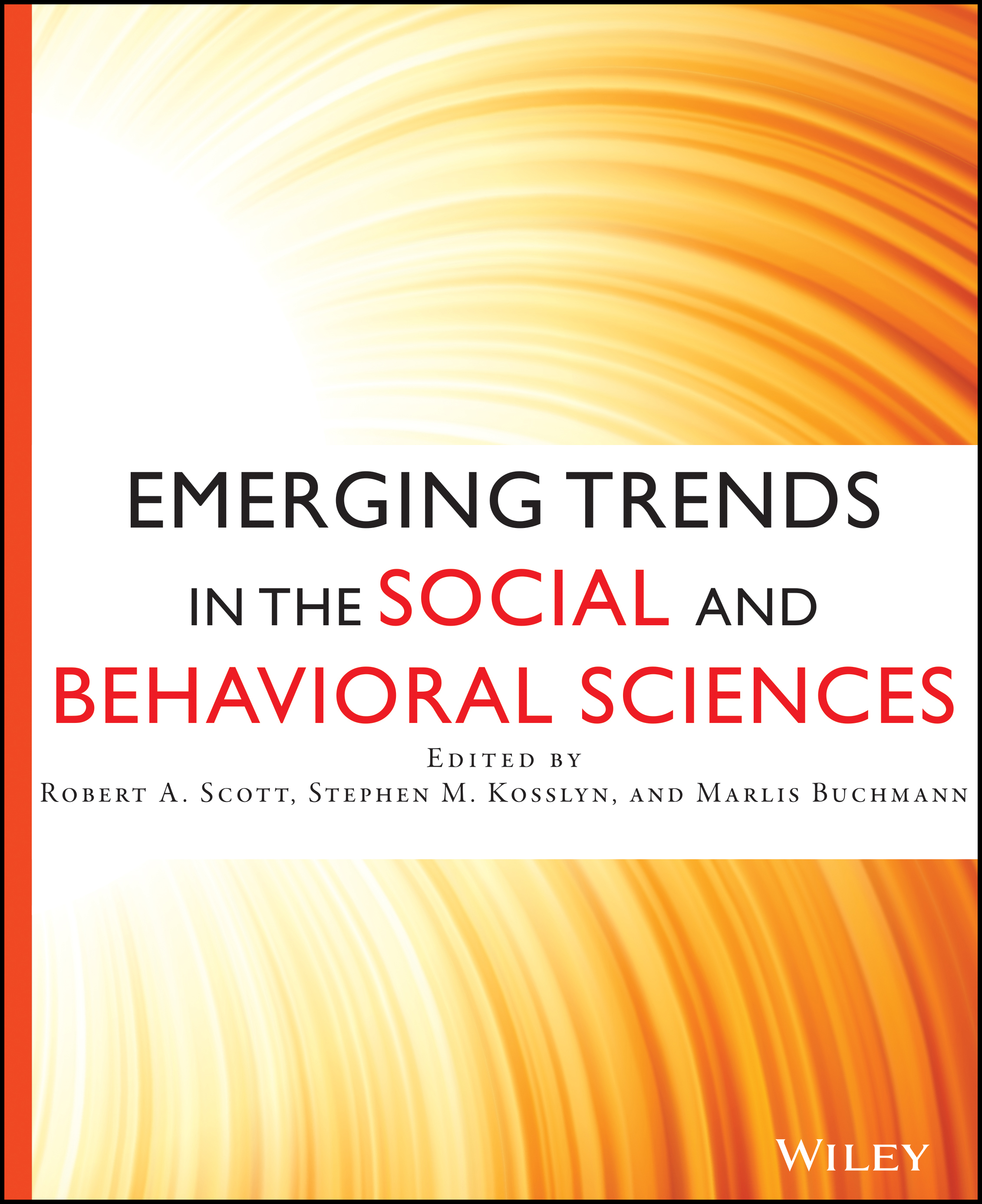Social-Emotional Responding: A Perspective from Developmental Psychology
Abstract
Social-emotional responding (SER) refers to (i) an individual's awareness and understanding of emotional experiences in the self and others, (ii) expression of emotions, and (iii) emotion regulation capacities. The normative development of these responses is considered a central component of human development. This is because SER underlies our capacities to express other-oriented behaviors and cope with challenges of everyday life in adaptive and socially responsible ways. The goal of this essay is to identify emerging trends in this area of developmental research. We first discuss central conceptual issues in social-emotional development and present a conceptual framework from developmental psychology to study SER. Next, we identify current shortcomings in research on SER. We focus on three central components of SER: self-conscious emotions, other-oriented emotions, and emotion regulation. On the basis of our analyses of the current gaps, we highlight three promising attempts to solve some of the current shortcomings in this literature: attempts to understand developmental relations among self-conscious emotions, other-oriented emotions, and emotion regulation capacities; attempts to identify psychological, neural, and behavioral mechanisms underlying social-emotional responding, and; the application of this knowledge to interventions that concern children and families.



